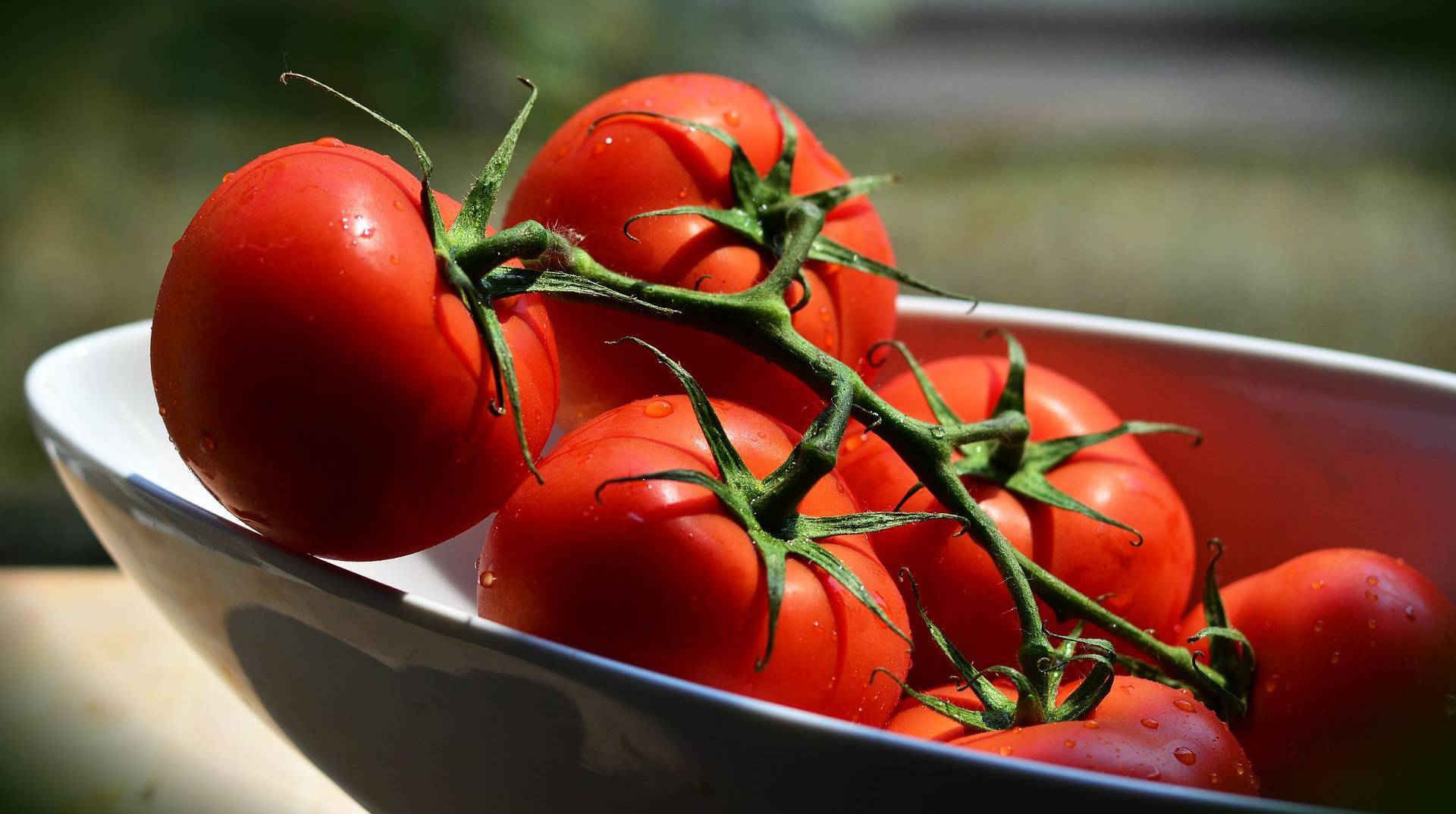Should You Be Eating Nightshades?

PREMIUM CONTENT for MEMBERS ONLY
By Jill Horn
Nightshades are a controversial topic in posts on the internet. While most health professionals agree that the polyphenol-packed, nutrient dense, fiber-rich fruit and vegetables that include tomatoes, peppers, and eggplants provide plenty of health benefits and are essential components of the traditional Mediterranean diet, there are few people who claim that nightshades have an inflammatory effect on the gut. This article will discuss scientific evidence on the health effects of the nightshade plant family, the claims about their inflammatory potential, and whether they should be consumed by the common public and/or individuals with gastrointestinal conditions.
Due to their preference for growing during the night and in the shade, the edible parts of the flowering plants belonging to the Solanaceae family were given the name “nightshade”. Nightshades include a wide range of vegetables, fruit, and spices such as eggplant, potato, tomato, bell pepper, cayenne pepper, chili, and paprika, all of which are essential components of the traditional Mediterranean diet. Nightshades in general are rich sources of beta-carotene, vitamin E, and polyphenols.
Nightshades are an abundant source of micronutrients, phytochemicals, and minerals, including vitamins, plant polyphenols, and fiber, all of which have been demonstrated to health benefits as well as positive effect on the gut microbiome. For example, eggplant is rich in the polyphenolic compounds kaempferol, quercetin, anthocyanin, and chlorogenic acid, all of which are known for their anti-inflammatory, cardioprotective, and neuroprotective benefits. Tomatoes, in addition to their high anthocyanin content, contain a compound called lycopene which has been associated with decreased risk for heart disease, cerebrovascular disease, and cancer. Potatoes are high in vitamin C and E, several B vitamins, carotenoids, as well as phenolic acids, flavonoids, flavonols, and anthocyanins. Depending on the type of potato, they also contain a significant amount of fiber in addition to their starchy carbohydrates (sweet potatoes being the best).
Despite all the converging scientific evidence for the health-boosting effects of nightshades, some (sometimes self-proclaimed) gut health experts, social media posts, and webpages speak about the inflammatory potential of nightshades which is often attributed to their relatively high glycoalkaloid content. Glycoalkaloids are nitrogen-containing plant compounds which are typically responsible for a bitter taste, as well as functioning as a natural insect repellant for the plant. Just like many polyphenols, they are part of the plant’s own factory of protective agents. In preclinical studies with mice, glycoalkaloids from potatoes were shown to increase intestinal inflammation and heighten intestinal permeability. However, it is important to point out that the concentration of glycoalkaloids used in these studies was several fold higher than that contained in a normal serving of the nightshade plant. Importantly, a more recent study published in the Journal of Food and Drug Analysis found the levels of “toxic” glycoalkaloids in a wide range of nightshade plants to be within safe consumption thresholds. However, since some patients with gastrointestinal conditions such as irritable bowel syndrome and inflammatory bowel diseases have increased intestinal permeability, it may be a good idea for such patients to do a personal trial eliminating the consumption of nightshade plants for a couple of weeks from their diet and determine if such a reduction correlates with a significant reductions in gastrointestinal symptoms over time. If no difference in symptoms is observed in the presence versus the absence of nightshades in one’s diet, there is no need to remove them. Most likely, they will contribute to decreased intestinal inflammation and an improved gut barrier.
Altogether, the scientific evidence on the gut health promoting effects of nightshades far exceeds the poorly supported claims for the inflammatory potential of the glycoalkaloids contained in these plants. Nightshades such as eggplant, tomatoes, and potatoes are supporting your gut health, the elimination of which would mean to miss out on important nutrients, phytonutrients, and fiber, all of which help sustain a healthy gut microbiome and enhanced overall health and vitality.

Jill Horn is a recent UCLA graduate with a degree in Neuroscience. She is deeply interested in the interconnectedness of body, mind, and spirit takes an integrative approach to health and well-being. She aspires to the public about a research-based lifestyle and mindset that promote health.
✓ This article was reviewed and approved by Emeran Mayer, MD